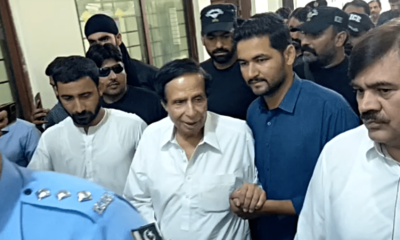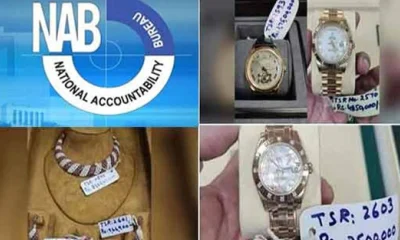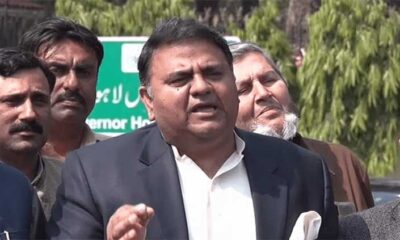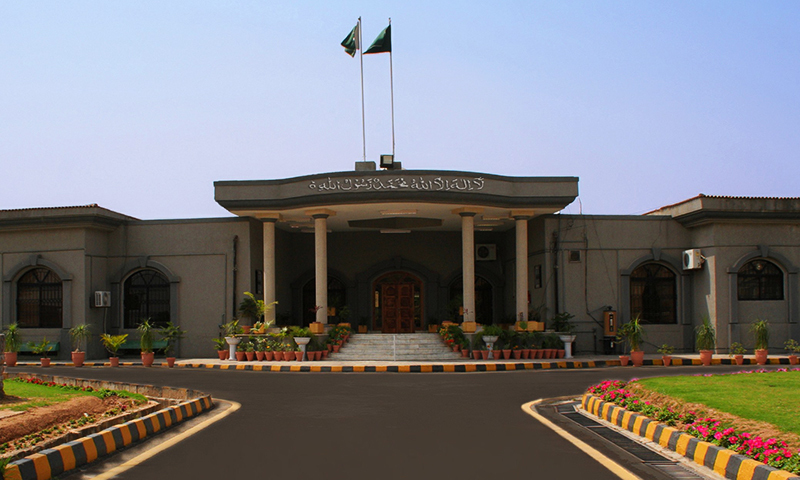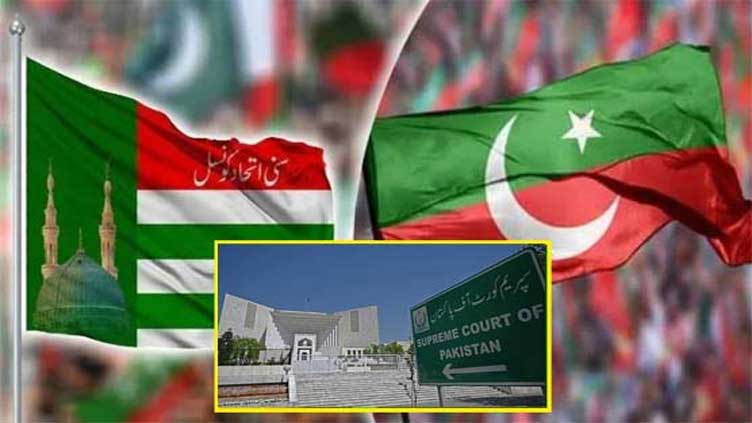- FM Bilawal urges cooperation among SCO states as India raises terrorism issue.
- “A peaceful Afghanistan is a key to regional integration and global peace,” Bilawal says.
- Indian FM says there is “no justification for terrorism” and it must be stopped.
GOA: Foreign Minister Bilawal Bhutto-Zardari on Friday, without naming India, warned the Shanghai Cooperation Organisation (SCO) member states against “weaponising terrorism for diplomatic point scoring” as India raises terrorism issue.
Indian External Affairs Minister Subrahmanyam Jaishankar, prior to Bilawal’s speech, said the menace of terrorism continues unabated, adding that taking eyes of this menace is detrimental to the security interests of all.
“The collective security of our peoples is our joint responsibility. Terrorism continues to threaten global security. Let’s not get caught up in weaponising terrorism for diplomatic point scoring,” Bilawal said while addressing the SCO Council of Foreign Ministers (CFM) summit in Goa.
The foreign minister said: “When I speak on this topic [terrorism], I do so not only as the foreign minister of Pakistan whose people have suffered the most in terms of number of attacks and number of casualties. I also speak as the son whose mother was assassinated at the hands of terrorists.
“I feel the pain of this loss, empathise with victims across the world a way most can’t. I and my country are firmly committed to be part of regional and global efforts for eradicating this menace.”
The foreign minister — who is leading the country’s delegation which arrived in Goa on Thursday to attend the two-day meeting of the SCO CFM — emphasised that the idea of eradicating this menace requires not only a “comprehensive approach but also a collective approach”.
He said that the root causes need to be addressed as well as the threats posed by specific groups.
“It requires that we let this challenge unite us to fight it rather than divide us to become its victim. Our success requires us to isolate this issue from geo-political partisanship,” he maintained, adding that practical, pragmatic solutions exist for us to put an end to this chapter once and for all.
“We must stop conflating non-state actors with state actors. Condemn all forms of terrorism including state-sponsored terrorism,” he stressed.
‘Cooperation among terrorists is alarming’
Highlighting the importance of a peaceful and stable Afghanistan, Bilawal said that it is not only crucial for regional integration and economic cooperation, but also for global peace and stability.
“When great powers play the role of peacemaker, we can unlock the potential of peace while paving the way for greater cooperation, regional integration and economic opportunities for our peoples,” he said.
The foreign minister said that the situation in Afghanistan presents new challenges as well as opportunities.
“We continue to call the international community to meaningfully engage with the interim Afghan government to better understand and influence the course of events. After being the playground for great powers, time and time again, we owe it to the people of Afghanistan to not repeat the mistakes of the past.
“A united international community must continue to urge the Afghan authorities to adopt universally-accepted principles of political inclusivity, and respecting the rights of all Afghans, including girls’ right to education.”
‘Peaceful and stable Afghanistan important’
Bilawal went on to say that the international community should also help build their counter-terrorism capacity for the security of Afghanistan, the region and the world at large.
“It is alarming that terrorist groups within Afghanistan are cooperating amongst themselves more than we are as the international community,” he lamented, adding that as the country that will be the first but not the last to suffer the consequences, Pakistan calls on the interim Afghan authorities to uphold their commitments on not allowing the use of Afghan soil for terrorism.
“A peaceful and stable Afghanistan is a key not only to regional integration and economic cooperation but also to global peace and stability. We believe the SCO Afghanistan Contact Group can play a role in coordinating practical cooperation with Afghanistan,” he said.
FM Bilawal lauds China’s commendable role
Mentioning China’s “commendable” role in bridging differences between Saudi Arabia and Iran — two countries that are also associated with the SCO, the minister said: “When great powers play role of peace maker, we can unlock potential of peace while paving way for greater cooperation, regional integration and economic opportunities for our peoples.”
In March, China’s President Xi Jinping helped broker a surprise deal between regional rivals Tehran and Riyadh to end a seven-year rift and restore diplomatic ties — a display of China’s growing influence in the region.
‘Pakistan’s strong commitment to SCO’
Reiterated Pakistan’s strong commitment to SCO, the foreign minister said: “There couldn’t be a more powerful indication of the importance that Pakistan attaches to the SCO than my presence here in Goa for this CFM.”
He underscored the importance that Pakistan accords to the principles of mutual trust and shared development as enshrined in the “Shanghai Spirit”.
Pakistan, Bilawal said, strongly believes in and fully adheres to principles of mutual trust and shared development enshrined in the original “Shanghai Spirit”.
Commenting on the organisation’s role in enhancing regional connectivity, the top Pakistani diplomat said: “SCO could be a key platform for taking the vision of Eurasian connectivity to the next level.”
Further sharing his vision for poverty alleviation in the region, Bilawal highlighted that there is a very strong and compelling case for closer cooperation for poverty alleviation under SCO.
“The establishment of the Special Working Group on Poverty Alleviation proposed by Pakistan will be a step in that direction,” he said.
Emphasising on the SCO’s role as an intergovernmental organisation, he spoke about how the entity has emerged as a platform for promoting mutual understanding, security and development through constructive and mutually beneficial cooperation.
‘CPEC — force multiplier for regional connectivity’
Shedding light on the significance of the China-Pakistan Economic Corridor (CPEC) on the region, he said that the project can be a force multiplier for regional connectivity.
“For too long, we have lamented the lack of connectivity between our economies — an impediment to regional trade and investment,” he said.
Bilawal maintained that CPEC does not only connect Pakistan to its neighbour China but also offers all countries invested in the commonality of the future of this region to take the journey further and connect the dots towards full regional economic integration.
Pakistan remains ‘committed to multilateralism’
Given Pakistan’s fight with climate change as one of the worst-affected nations in the world, the foreign minister informed the fellow participants present at the summit about the country’s role in pushing for global discourse on climate change.
“Pakistan has emerged as an important voice in the global discourse on climate change in the aftermath of that natural calamity,” Bilawal said.
In his address, the minister reiterated Pakistan’s commitment to multilateralism for maintaining international peace and harmony.
“Pakistan remains committed to multilateralism and continues to play a leading role at all international forums,” he reiterated.
No justification for terrorism: Jaishankar
During the moot, Indian External Affairs Minister Subrahmanyam Jaishankar said: “As SCO chair we’ve initiated an unprecedented engagement with SCO observers and dialogue partners by inviting them to participate in more than 14 social-cultural events.”
Talking to the participants, he said that the SCO platform was in its third decade of existence.
“This is an opportune time for reform and modernisation of the SCO to keep it relevant in a rapidly reforming world,” he said, adding that he was pleased to note that “discussions for reform and modernisation have already commenced.”
Furthermore, the host reiterated his country’s “long-standing” demand that English be made the third official language of the moot. At the moment Russian and Mandarin are the languages used at the form officially.
Dr Jaishankar contended that using English would enable a deeper engagement from English-speaking states and take the SCO to reach a larger international platform.
He also shared that progress had been made of including Iran and Belarus as full members of the SCO.
During his speech, the host also discussed the rise of terrorism in the world.
“While the world faced COVID-19 and its consequences, the menace of terrorism continues unabated,” he said, adding that taking eyes of this menace is detrimental to the security interests of all.
Dr Jaishankar added that there was “no justification for terrorism” and that it must be stopped in “all its forms and manifestations” including cross-border terrorism.
“Channels of financing terror must be seized and blocked without distinction,” he stressed, adding that combatting terrorism was one of the original mandates of the SCO.
Pakistan ‘satisfied’ with Indian welcome
Upon arrival, Bilawal was welcomed by Dr Jaishankar. The meeting of the CFM which began in the morning and by noon, the “decision document” will be signed, which will be followed by a working lunch.
Foreign Office Spokesperson Mumtaz Zehra Baloch, while speaking to Geo News, said India has given Pakistan no reason to complain regarding Bilawal’s visit to attend SCO moot in Goa.
“They haven’t given us a chance to complain. All is well so far,” she said.
When asked if Bilawal’s handshake with his Indian counterpart Jaishankar was reflective of past bitterness, Baloch said: “You are giving it a lot of importance. It was a routine formality.”
A day earlier, Bilawal arrived in the Indian city on his first-ever visit to India, hoping for a “successful” meeting of the SCO foreign ministers.
Following his arrival, Bilawal became the first Pakistani foreign minister who visited the neighbouring country after a gap of nearly 12 years.
Speaking to the media after landing in Goa, the foreign minister said: “I am happy that I have reached here in Goa to attend the SCO meeting. I hope that the SCO CFM will be a success.”
The spokesperson further told Geo News that a host welcomed Bilawal like they did for other foreign ministers.
Responding to a question regarding Prime Minister Shehbaz Sharif’s visit to India in July to attend the SCO summit, the FO spokesperson said it is too early to say anything at the moment.
During the visit, Bilawal — alongside his delegation — will engage with several of his counterparts from different nations.
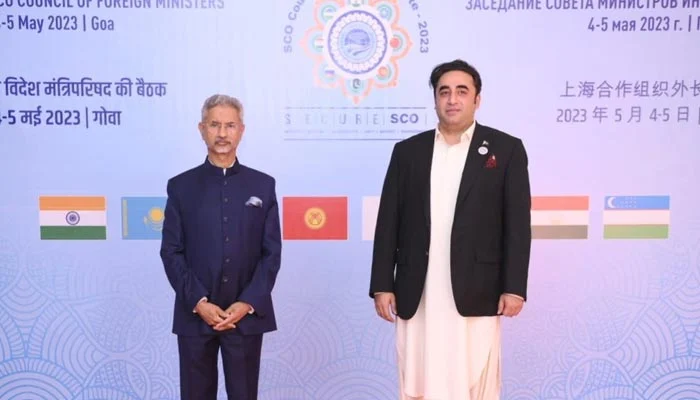

 Business7 hours ago
Business7 hours ago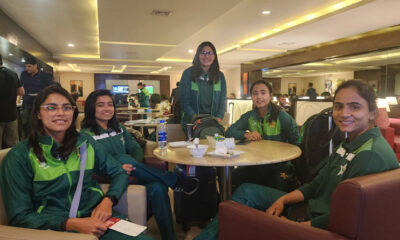
 Latest News8 hours ago
Latest News8 hours ago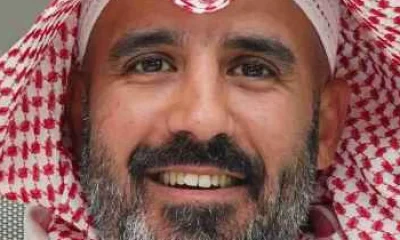
 Business8 hours ago
Business8 hours ago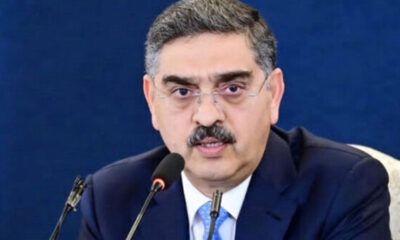
 Latest News8 hours ago
Latest News8 hours ago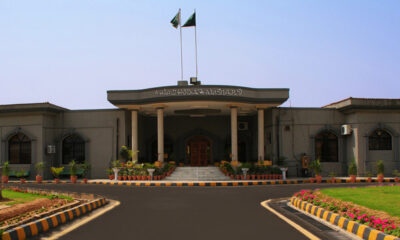
 Latest News7 hours ago
Latest News7 hours ago
 Pakistan7 hours ago
Pakistan7 hours ago
 Business8 hours ago
Business8 hours ago
 Latest News7 hours ago
Latest News7 hours ago
